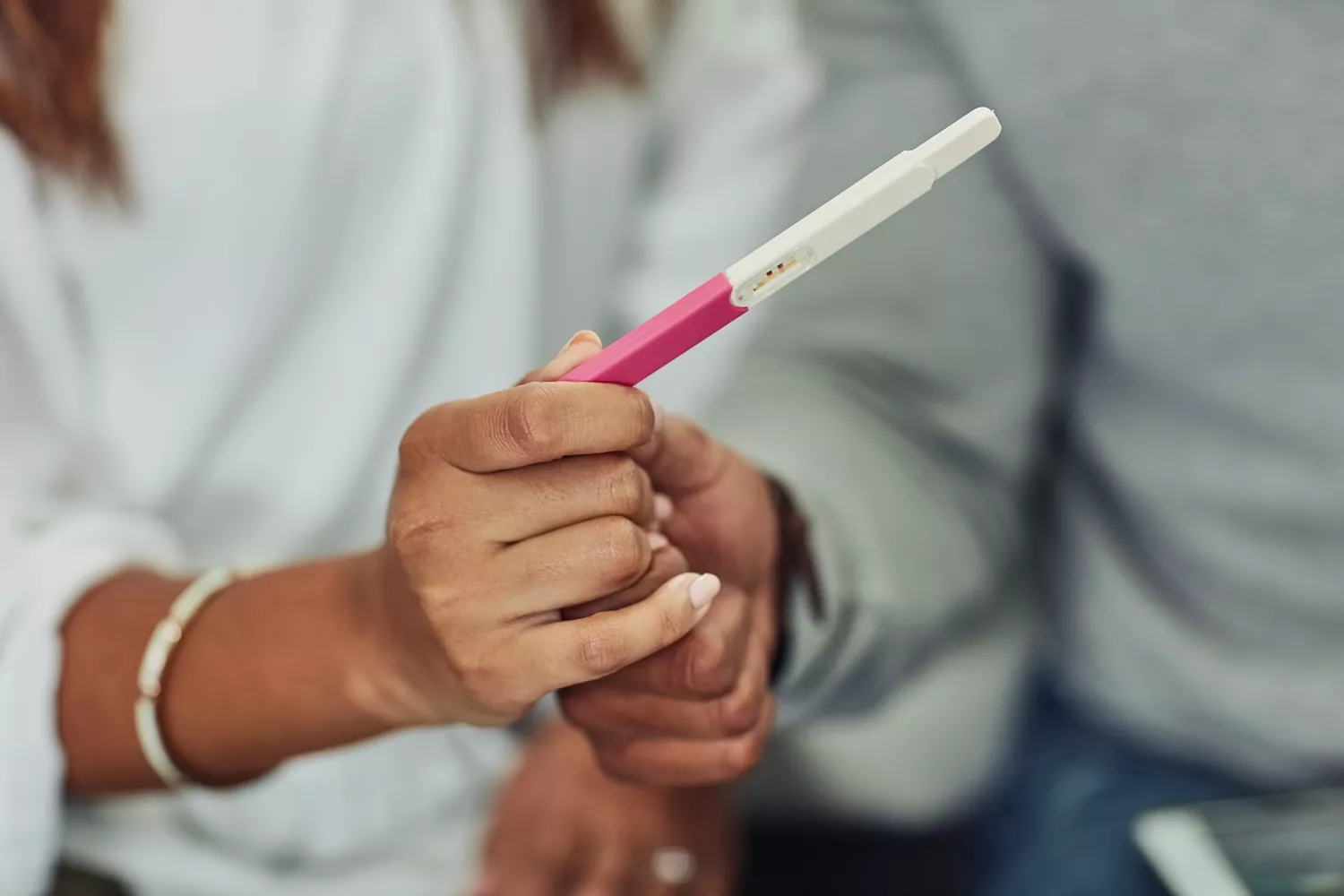What is Anovulation and How Does it Affect Fertility


Anovulation occurs when your body skips the ovulation process, meaning your ovaries do not release an egg during . Fertilization and conception cannot occur if an egg is not released. Continue reading to find out more about short-term or chronic anovulation and how it is diagnosed and treated.
What is Anovulation?
In a normal menstrual cycle the ovulation phase is the pivotal point where an increase in hormones triggers the release from the ovary of a matured egg. In the reproductive tract, the egg can be fertilized by sperm. This could lead to conception. The egg will shed with the uterine wall during the next period if fertilization does not occur.
Anovulation is the result when an egg does not get released. Anovulatory cycles do not allow for pregnancy. This is because “inorder to conceive an egg must first be released, fertilized with sperm, and then implanted,” says Jane L. Frederick M.D. a board certified reproductive endocrinologist from HRC Fertility, in Orange County, California.
What is Anovulation?
Anovulation occurs when your body skips the ovulation process, meaning your ovaries do not release an egg during your period cycle.
How common is Anovulation?
Anovulation is a common finding in 25% of infertility cases involving those with ovaries.1 Indeed, about 1 in 10 people of childbearing age will experience anovulation at some point,
Anovulatory cycles can occur in a single instance, but are usually not cause for alarm. Some people may experience chronic, long-term anovulation. This has different underlying causes and can negatively impact fertility.
Why Ovulation Cycles Can be Confusing
What causes anovulation?
Even the most experienced fertility specialist may find it difficult to determine the cause of an anovulation. Since more than one hormonal factor is involved in the ovulation process, Dr. Frederick says that there are multiple causes.
According to 2, pituitary gland dysfunction, hyperandrogenism (high levels of androgens), hyperprolactinemia (high prolactin levels), and low levels of gonadotropin-releasing hormone (GnRH).3
How to get pregnant after birth control
What causes these hormonal imbalances to occur in the first instance? This is where things get complicated. “Anything that impacts the delicate hormonal sequence between the brain an ovary can affect ovulation and sometimes lead to anovulation,” explains Laren Narapayeddy a registered nurse at Emory University, Atlanta, Georgia, who specializes in pregnancy and reproductive health. Environmental, nutritional and emotional factors, such as stress, can affect the brain-ovary link, as well certain health conditions.
Risk Factors for Anovulation
It can be difficult to determine the cause of an anovulation, but certain factors may increase your risk.
- The thyroid, pituitary, hypothalamus and adrenal glands are affected by hormonal imbalances and conditions.
- PCOS (Polycystic Ovarian Syndrome)
- Stress levels
- A low or high BMI (body mass index)
- Long-term extreme exercise habits
- Unbalanced or not consuming enough calories
- You’re going through a hormonal shift, for example you’ve just started getting your period, you’re nursing, or you’re in the transition to menopause
- Premature ovarian failure
- Some medications such as birth-control pills, steroids and antipsychotics
Anovulation can occur at any stage of life. This includes puberty, breastfeeding, the years leading up to menopause , and transitional years. Narapareddy says that irregular periods and anovulation are usually not a cause for concern during this time.
She adds that some people can also experience anovulation or irregular period due to high stress levels, jet-lag and changing seasons. It’s common to miss your period and ovulation when you are moving, starting a job, studying for finals or going through a difficult time. In these situations, ovulation is usually short-term. It should resume once the stressor has passed.
Anovulation can be chronic and triggered by hormonal imbalances, PCOS (polycystic ovarian syndrome), high stress levels, being overweight or underweight, excessive exercise, hypothyroidism and more. Anovulation chronica can be caused by hormonal imbalances, Polycystic Ovarian Syndrome (PCOS) high stress, being overweight, underweight, excessive exercising, hypothyroidism and more.
Anovulation symptoms
Some people get their period even if they have not ovulated. Anovulation can be characterized by:
- Regular periods
- Menstrual irregularities (amenorrhea).
- Extremely heavy periods
- Extremely dark periods
- Cervical mucus
- Unregular basal temperature
Some people may not notice any symptoms unusual that could indicate anovulation.
How is Anovulation diagnosed?
In order to diagnose anovulation in women, doctors will usually start by examining your menstrual cycles for irregularities such as irregular periods or lack of periods. Bloodwork and visualizing reproductive organs are two ways to make a diagnosis.
Narapareddy says it is vital to consult your doctor to find out the cause of chronic anovulation or irregular periods. Your provider will probably do bloodwork to determine hormones such as prolactin and thyroid hormones. They may also want to perform a pelvic ultrasonography to see your ovaries or uterus.
Is it possible to only get pregnant during ovulation?
Treatment of Anovulation
Anovulation is not treated by a single magic pill. The treatment will depend on the cause. Dr. Frederick says that the treatment depends on correcting any hormonal imbalances that are causing anovulation. This may include adjusting your current medication to reach adequate thyroid levels and adding a medication for ovulatory irregularities.
Narapareddy says that medication can be particularly helpful in treating chronic and severe underlying conditions. If the underlying condition is hypothyroidism then thyroid medication can help regulate ovulation. Anovulation can be treated with hormonal medication, especially when is the goal.
It’s beneficial to combine medication management with lifestyle and dietary changes that support the patient. Sometimes, diet, stress management, and exercise can be enough for a woman to get her menstrual cycle on track.
It’s still important to get treatment for chronic anovulation, even if it doesn’t affect your ability to conceive. Narapareddy says that anovulation in these years can lead to serious health problems such as osteoporosis 4 dementia, cardiovascular disease 5 and certain cancers 6.
Why Am I Not Getting Pregnant?
What are the effects of anovulation on your fertility?
It’s a fact: Anovulation is directly related to fertility. Narapareddy says that if you’re trying to conceive, and are experiencing anovulation at the same time, this will affect your chances for becoming pregnant. This is because conception requires a precise timing and cannot happen without an egg being released from the ovary.
Anovulation can be treated with lifestyle changes or medication. Many women with anovulation have healthy pregnancies.
Narapareddy says that depending on the cause of anovulation there are a variety of fertility treatments available, ranging from diet and exercise management, stress management, to In vitro fertilization. The best option for you will depend on the cause of your anovulation and your fertility goals.








